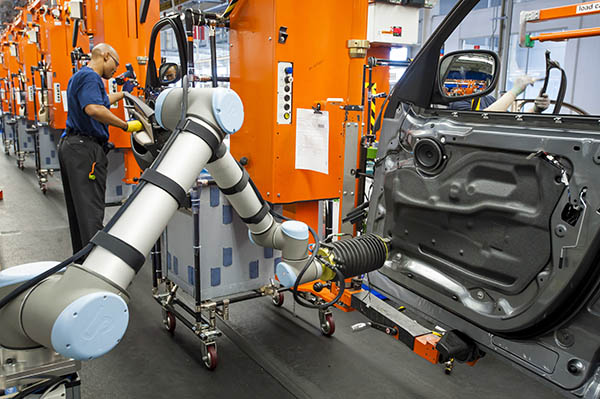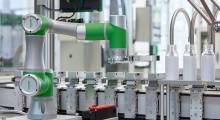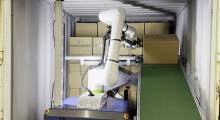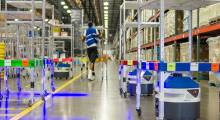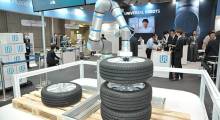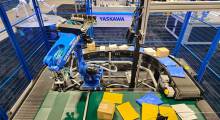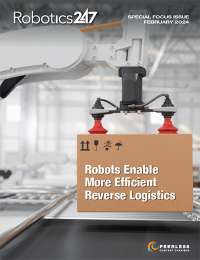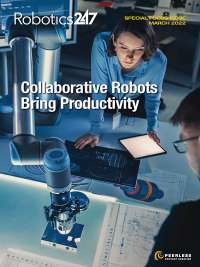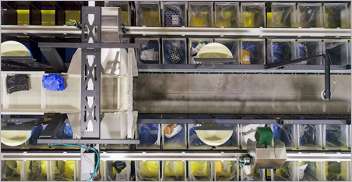Collaborative robots, or cobots, were not made to replace workers in supply chains. These machines were created to improve their working experience. Cobots help their human counterparts by assisting them in tasks that can be repetitive or even dangerous.
In fact, collaborative robots offer advantages during the pandemic, given the strict social distancing protocols. With the help of cobots and other types of robots, companies like DCL Logistics have been able to increase their productivity by 300% without sacrificing employee safety. That said, here are a few ways cobots can assist their human counterparts:
Improving workflow efficiency
Collaborative robots are designed to sense humans and to safely slow or stop in their presence. They can also focus on more meticulous and repetitive tasks. This allows human workers to focus on more complex processes.
In supply chains, cobots are often designated to pick up items from shelves or handle delicate materials. The printed circuit board (PCB) supply chain involves the testing and inspection of small and fragile components. Cobots can help assemble and inspect such electronics components.
Cobots also help in improving workflow efficiency by taking over the packaging process. For another example, Coty Cosmetics uses Universal Robots cobots in their cosmetics supply chain to pick and place powder pans from one station to another.
Once these powder pans pass the quality check, the cobots take over the repetitive task of packaging. Since then, the brand has saved about half a million dollars annually. In addition, they can now assign their employees to more complex but less monotonous tasks.
Organizing archives
Besides helping in handling and packing products, robots can also assist employees in managing paper files and archives. Archive management is a vital process in every business, but it can be very time-intensive.
In fact, a lot of workers experience difficulties in organizing and sifting through piles of documents. Businesses can also lose a lot of time and money to poor record management.
Robots are an asset in this supply chain process since they can scan documents in a few seconds. Then, they can organize these documents and file them in the designated areas. This has proven to be very effective in the case of the FBI, which has deployed an automated storage and retrieval system (ASRS) to handle millions of sensitive documents in their facility.
Increasing worker safety
Cobots also help employees by improving safety in the workplace. Some cobots are already being deployed in high-risk environments, such as hospitals and security facilities. However, a lot of them are also used in supply chains to perform hazardous tasks, such as lifting heavy loads. This reduces the physical risks that may cause injuries to workers.
For instance, the BMW plant in Spartanburg, S.C., uses cobots to assist employees in moving and carrying car parts. This minimizes the risk of injury and employee strain from handling heavy materials. With the assistance of cobots, the automotive plant managed to boost worker safety and eliminated the need for employees to do physically exhausting tasks.
Collaborative robots are innovations that can improve working environments and assist supply chain workers. With these robotic partners, employees can forego repetitive, arduous, and even dangerous tasks to improve productivity and reduce risks. Thus, supply chain companies, as well as businesses across all sectors, should strive to incorporate robotics wherever it can help. This improves the state of worker safety and can even boost employee satisfaction.
About the author
David Miller is a 28-year-old writer who enjoys collecting sneakers, drone photography, listening to music, art, and escapology.
Article topics
Email Sign Up

